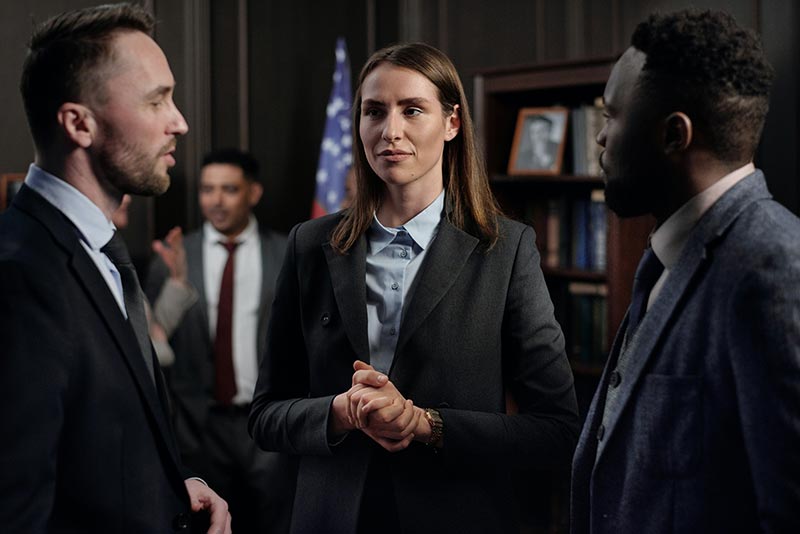Getting Started with Personal Bankruptcy
The first thing you need to do is set up an appointment with a personal bankruptcy lawyer.
What do I need to bring with me to the first meeting with my lawyer?
- Prepare a list of creditors; including creditors name, address, account numbers and account balances and bring it with you – also bring your credit report if you have it or can get it in time for the meeting;
- Bring your Drivers License;

- Social Security & If not available something else issued to you which has your social security # on it such as a W-2 form;
- Bring your tax returns for last year (the last 4 years if available) as well as the contact information for any accountant you used in the past 4 years;
- Bring our past 6 months of pay stubs or bring other evidence of your past 6 months of income if you are self-employed in any way. Bring evidence of all income, including bonus payments, etc to paint a complete picture of the money coming in for the past 6 months regardless of the source;
- Take the time to prepare a List of Monthly Expenses and bring it with you. Again, bring evidence of all money expenditures, including things like the $100 a week you send to you aging mother to help support her, for example, in order to paint a complete picture of your expenditures for the past 6 months;
- Bring a list of your major assets such as real estate and vehicles with a detailed description of each as well as what is owed on them by way of monthly payment and total owed;
- Bring any documents pertaining to foreclosure or any other legal action in which you are a plaintiff or a defendant (including potential personal injury claims);
What else do I need to do other than meet with my personal bankruptcy lawyer and give them the materials requested?
Except in extremely limited circumstances, you cannot file for bankruptcy without first going through a credit counseling briefing session from an approved non-profit credit counselling agency. There is a list of approved local agencies that your lawyer may provide you with, or you can go to this link for a list. The briefing can be in person, by telephone or via the Internet, and the certificate you receive upon completion is required to proceed with a bankruptcy action.
What happens after the credit counseling session is completed?
Your attorney will assist you in determining whether or not you can or should file a Chapter 7 bankruptcy as opposed to a Chapter 13 bankruptcy. After this determination, your attorney will assist you in preparing a bankruptcy petition giving a detailed listing of your income, debts and expenses. After you review the final petition for accuracy and sign it, your lawyer will file it with the Court and guide you through the legal process after it is filed.
After filing, generally how long does the whole process take?
There can be exceptions for any number of reasons, because every case is different, however, generally, from the filing of the bankruptcy petition until the date of discharge will take approximately 180 days for a Chapter 7 personal bankruptcy, and 3-5 years for a Chapter 13 bankruptcy. And in both cases, before you receive your discharge you must complete a Court-approved debtor education course. As with the approved credit counselling course required prior to filing for bankruptcy, your lawyer can also provide you with a list of approved debtor education agencies, or you can go follow this link for a list.

